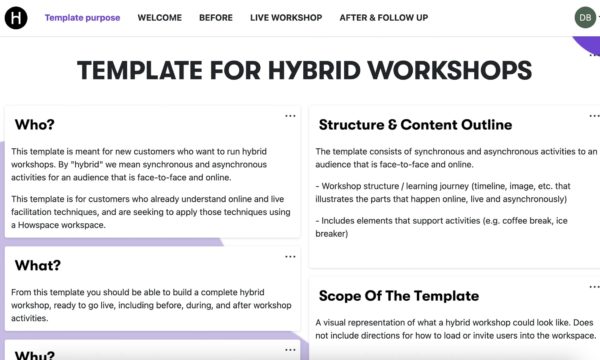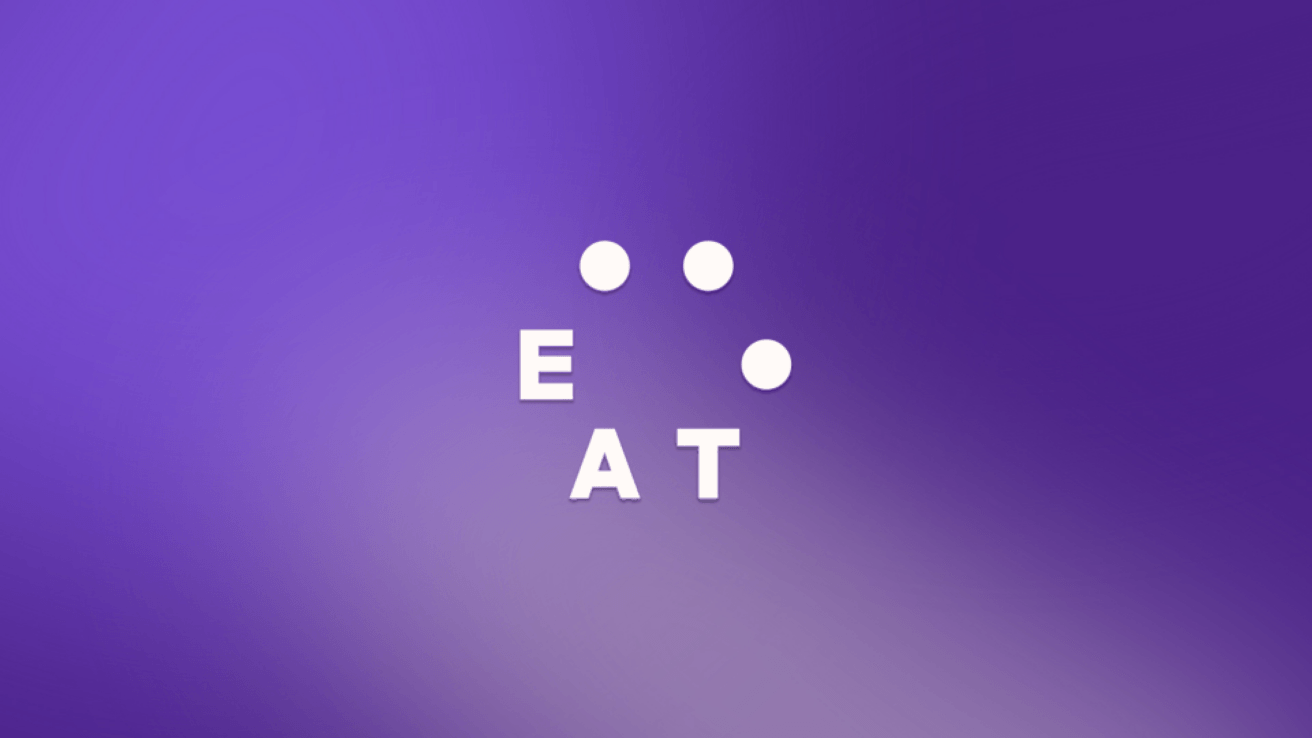
Bringing broken food systems to light with global dialogues
Challenge
EAT is a non-profit organization dedicated to transforming the global food system through sound science, impatient disruption, and novel partnerships.
As EAT embarks on its second iteration of the EAT-Lancet Commission – a scientific review of sustainable, healthy, and equitable food systems – they are seeking to better understand the experiences and needs of a diversity of individuals and organizations actively involved in improving the global food system.
To achieve this, they needed a tool that allowed them to interact with people from all over the world and create a global community of food system actors.
Solution
To engage with a diverse array of global stakeholders, EAT has been using Howspace as an interactive online platform for engaging individuals in their cause to combat the food crisis. They set up workspaces that were adapted to this purpose, and with the right features and widgets, they managed to gather relevant data while connecting and engaging with participants in a meaningful, fun, and interactive way.
Results
Over 800 million people, more than one in 10 worldwide, suffer from undernutrition. Additionally, one-third of all food produced is wasted, while unhealthy diets impose a growing burden on healthcare systems. Greenhouse gas emission from the agricultural sector drive deforestation, species extinction, and deplete marine and freshwater resources. Rising hunger intensifies pressure on an already strained, inefficient, and unsustainable food system, exacerbating climate change and ecological decline.
EAT is a non-profit organization dedicated to transforming the global food system by addressing food-related challenges through science, disruption, and partnerships. As part of this mission, EAT organized global consultations involving stakeholders who either influence or are influenced by the global food system. The data they collected would provide valuable insights into the needs of both global and local communities, shedding light on existing challenges, concerns, opportunities, gaps, and varying stakeholder perspectives.
To facilitate these consultations on a global scale, EAT sought a tool that could accommodate their requirements, leading them to discover Howspace.
Removing barriers with Howspace platform
Iain Shepherd, Director of Communication and Global Engagement at EAT:
“Howspace became a central tool for our global consultations. It allowed us to gather and connect people from around the world and engage in a meaningful, fun, and interactive way. The user-friendliness of Howspace allowed us to host more than 75+ consultations with over 5000 participants.”
Howspace enables them to keep everything in one place and provides the participants with a seamless, interactive experience. Due to the platform’s adaptability, they could customize widgets and the visual appearance to ensure a positive experience for both the hosts and participants while collecting valuable data. The EAT-Lancet 2.0 Global Coordinator, Madelaine Bereza added:
“Howspace has been a wonderful tool for our online consultations. Its flexibility enabled us to create interactive workspaces, which were visually appealing, user-friendly, and perfectly aligned with our internal requirements for capturing individual responses. The embedded video widget was particularly useful, allowing us to conduct online consultations through Howspace.”
Notable features and widgets that proved especially useful included Superchat and the Live widget, which facilitated both video conversations and asynchronous discussions, along with polls that helped visualizing participants’ responses. The platform’s capability to embed PDFs and images simplified information sharing, keeping all discussions in one secure location.
“Another advantage of the platform is that we were able to download all the answers from each consultation as an Excel file. In the work we are doing with the consultations this was very important for us.”
EAT’s goal was to reach as many people as possible with their consultations to maximize their findings’ impact. With the newly launched Howspace translation feature, they could offer the workspaces in a range of integrated languages, making it accessible for non-English speakers. The translation feature converts the conversations into a selected language, enabling people to communicate without a common language.
A positive experience for facilitators and users
EAT employed both path-mode and step-mode to create a streamlined space that that was easy for participants to navigate. In path-mode, the participant’s focus is directed to one section of the page at a time, allowing them to move back and forth between sections as they please. Step-mode allows you to build the process beforehand, enabling the facilitator to concentrate fully on the participants during live sessions or meetings. This ensures a distraction-free experience for both facilitator and participants.
“The Howspace Academy was a great resource to have when building and developing our consultation workspaces. The staff at Howspace are also great and have been very helpful and supportive during this process.”
The result was a smooth, interactive experience enjoyed by both the hosts of the consultations and the participants, effectively achieving the goal of collecting feedback and reflections on the state of the global food system.
Similar customer stories
Breaking barriers by virtually engaging 600 alumni in the Indo-Pacific
Over 600 people across the Pacific Region were brought together for a virtual summit to discuss social inclusion & gender equality with help from Howspace.
Powering collaboration and contribution: mentorship program for Ukrainian startups
The Ukrainian Future Business Incubator needed a platform where they could run a virtual mentorship program for Ukrainian startups. Howspace enabled the incubator to not only run a successful program but also made it possible for startups to collaborate and form a strong community.
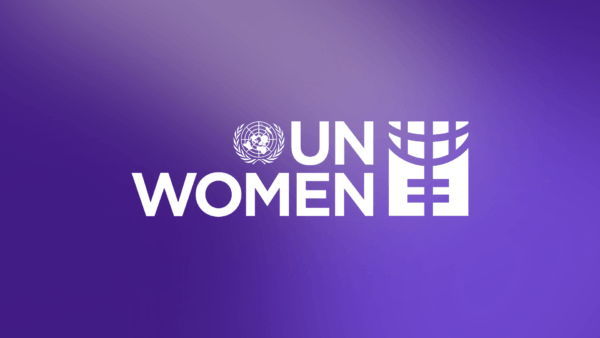
UN Women gives diverse voices a seat at the table through an AI-powered online platform
UN Women brought diverse voices to the table through the Generation Equality Forum Public Conversation platform—held on Howspace.
Templates used in similar cases
View all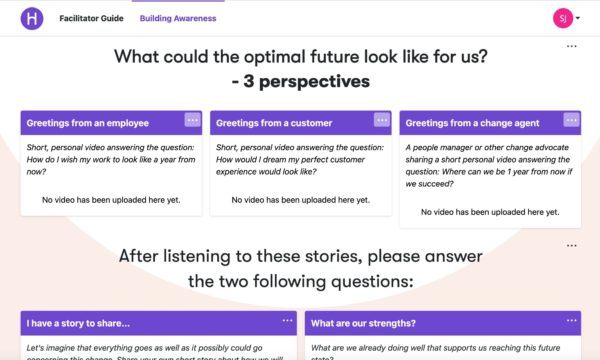
ADKAR: Awareness Stage
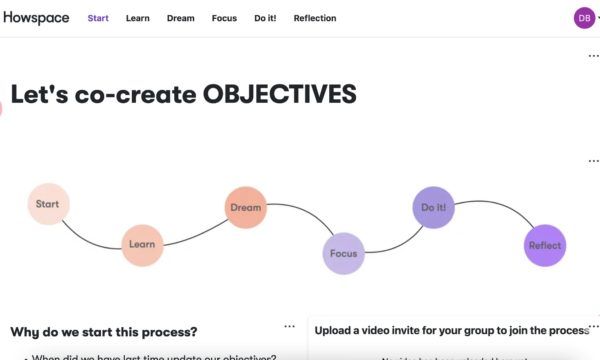
Co-creating 4D Objectives
